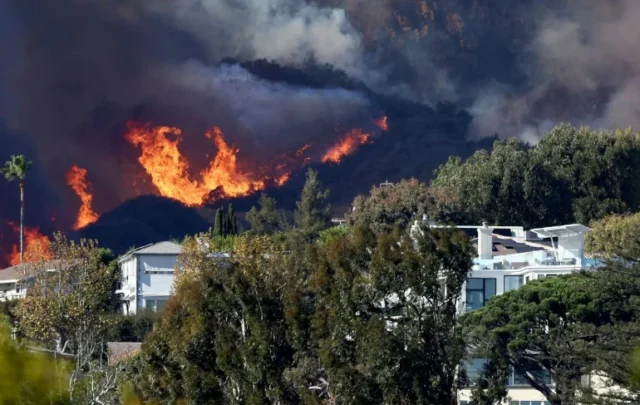July 16th saw the release of the 3rd iteration of the Zero Carbon Britain report from the Centre for Alternative Technology (CAT). Previous reports were released in 2007 and 2010 although the roots of the report goes back to 1977 when CAT published An Alternative Energy Strategy for the UK. The report concludes that "By combining a smart approach to diet, building, energy and land-use it is possible to rapidly reduce emissions to net zero by 2030."

From the Executive Summary:
Zero Carbon Britain: Rethinking the Future describes a scenario in which the UK has risen to the challenges of the 21st century. It is 2030. We have acknowledged our historical responsibility as a long-industrialised nation and made our contribution to addressing climate change by reducing UK greenhouse gas emissions rapidly to net zero.
Our research shows that we can do this without relying on promises of future technology, but by using what exists now. By making changes to our buildings, transport systems and behaviour, and by investing in a variety of renewable energy generation technologies suited to the UK (without a nuclear component), we can provide a reliable zero carbon energy supply without negatively impacting on quality of life. Smart demand management, plus the intelligent use of surplus electricity in combination with biomass to create carbon neutral synthetic gas and liquid fuels, mean that we can meet our entire energy demand without imports, and also provide for some transport and industrial processes that cannot run on electricity.
In our scenario the biomass we require is provided by growing second generation energy crops on UK land. All our cropland is still used for food production, and we produce the vast majority of the food required to provide for the UK population on home soil. Changing what we eat (mainly a significant reduction in meat and dairy products, coupled with increases in various other food sources) means we eat a more healthy and balanced diet than we do today while our agricultural system emits fewer greenhouse gases and uses less land both at home and abroad, thus decreasing the environmental impact of our food production globally.
We balance out some greenhouse gas emissions that cannot currently be eliminated from non-energy processes (industry, waste and agriculture) by using safe, sustainable and reliable methods of capturing carbon. By restoring important habitats such as peatland, and by substantially expanding forested areas, we not only capture carbon but also provide wood products for buildings and infrastructure, had a positive impact on our economy and on the health and wellbeing of individuals and society…

Download the full report
Read report online
Summary of the report in this article Decarbonisation possible, but politics is barrier.





